The travel planning landscape has undergone a seismic shift with the advent of AI-powered tools. Two major players, ChatGPT and Google Trips, have emerged as frontrunners in this space, each offering distinct approaches to itinerary creation. As someone who's spent years testing travel tech, I decided to put both platforms through their paces during a recent two-week European tour.
ChatGPT's conversational approach to travel planning feels like having a knowledgeable friend who's visited every corner of the globe. When I asked for a three-day Rome itinerary focusing on hidden gems, it generated a remarkably nuanced plan within seconds. The AI remembered my preference for lesser-known attractions across multiple queries, suggesting the Palazzo Altemps sculpture collection instead of the overcrowded Borghese Gallery. This contextual understanding sets it apart from traditional travel apps.
Google's offering takes a more data-driven approach, leveraging its vast repository of user reviews, popular times, and location data. The automated suggestions in Google Trips tend to favor well-established attractions - when planning that same Rome visit, it defaulted to the Colosseum and Vatican Museums. While these are undoubtedly spectacular, they lack the personalization that ChatGPT delivers. Where Google shines is in its real-time integration with your calendar, flight details, and restaurant bookings.
The fundamental difference lies in their information processing. ChatGPT analyzes patterns across travel blogs, guidebooks, and forum discussions to synthesize original recommendations. Google Trips primarily aggregates existing data from Maps, Search, and user-contributed content. This distinction became apparent when seeking dining suggestions - ChatGPT proposed innovative food tours based on recent culinary trends, while Google highlighted restaurants with the highest review averages.
Practical implementation revealed another crucial divergence. ChatGPT's itineraries require manual transfer to calendar apps or printed schedules, adding an extra step for users. Google Trips automatically populates day plans into your Google Calendar with precise timings and map links. However, this convenience comes at the cost of flexibility - Google's rigid scheduling feels less adaptable to spontaneous changes compared to ChatGPT's free-form suggestions.
Transportation logistics highlight another interesting contrast. When asked about getting from Paris to Lyon, ChatGPT provided a detailed comparison of train versus car options including scenic route advice and approximate fuel costs. Google Trips focused on the most efficient path with real-time ticket prices and booking links. Both approaches have merit depending on whether you prioritize experiential travel or logistical efficiency.
Budget-conscious travelers will appreciate ChatGPT's ability to estimate costs for entire itineraries when prompted. It can break down expenses by category (accommodation, meals, attractions) and even suggest money-saving alternatives. Google provides individual price points but doesn't aggregate them into comprehensive budgets unless you manually create a spreadsheet.
Accessibility features present another differentiator. ChatGPT excels at tailoring plans for specific needs - when asked about wheelchair-friendly routes in Barcelona, it suggested appropriate attractions and transportation options. Google displays accessibility information when available but doesn't proactively filter suggestions based on these parameters unless explicitly searched.
The learning curve favors Google for those already embedded in its ecosystem. Seasoned Android users will find the interface instantly familiar. ChatGPT requires more initial guidance to produce optimal results - crafting precise prompts becomes an art form. However, once mastered, the AI's outputs often surpass conventional tools in creativity and personal relevance.
Weather adaptability proved surprisingly robust in both systems. When I adjusted my test dates to winter months, ChatGPT recommended seasonal activities like Christmas markets and indoor attractions, while Google highlighted off-peak hotel deals. This demonstrates how both platforms can dynamically adjust recommendations based on temporal factors.
Cultural context represents ChatGPT's secret weapon. The AI explains local customs, suggests appropriate etiquette, and even provides basic phrases in the local language. Google offers translation tools and basic "need to know" facts but lacks the narrative depth that makes ChatGPT's advice feel more immersive.
For group travel planning, ChatGPT's ability to balance diverse interests impressed me. When inputting preferences from three hypothetical travel companions (a history buff, foodie, and adventure seeker), it crafted an itinerary with elements for each. Google tends to create monolithic plans unless you manually filter by interest categories.
Real-time updates remain Google's domain. During testing, when a museum unexpectedly closed, Google Trips immediately flagged the closure and suggested alternatives. ChatGPT's static responses can't match this unless you specifically ask it to check for recent changes - a limitation of its training data cutoff.
The future of AI travel planning likely involves a synthesis of both approaches. Imagine ChatGPT's personalization and cultural insight combined with Google's real-time data and seamless integration. For now, power users might employ both - using ChatGPT for initial inspiration and Google for on-the-ground execution.
Ultimately, the choice depends on your travel style. Experience seekers and off-the-beaten-path travelers will prefer ChatGPT's creative suggestions. Efficiency-focused tourists who value convenience and real-time data will gravitate toward Google. As AI continues evolving, the gap between these approaches may narrow, but for now, we're fortunate to have two sophisticated yet distinct tools reshaping how we explore the world.

By William Miller/Apr 11, 2025

By Lily Simpson/Apr 11, 2025
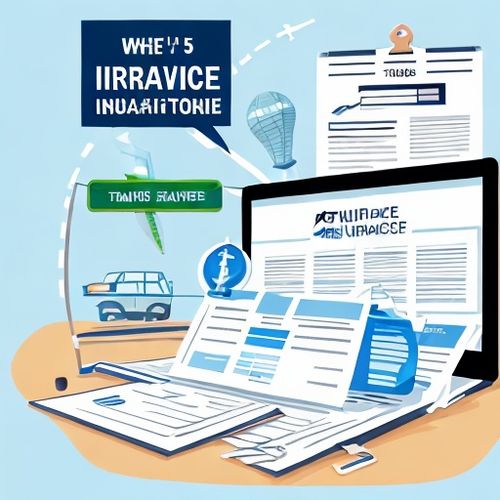
By Thomas Roberts/Apr 11, 2025

By John Smith/Apr 11, 2025
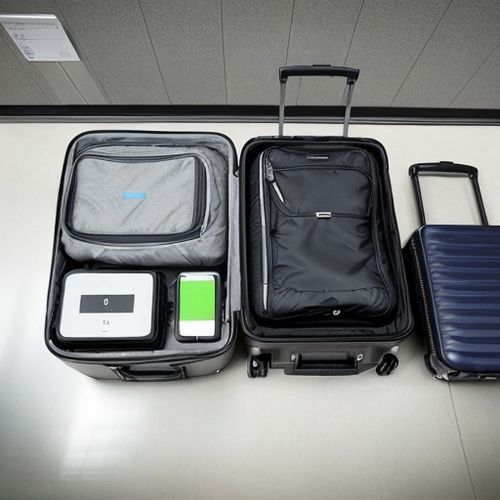
By Thomas Roberts/Apr 11, 2025

By John Smith/Apr 11, 2025
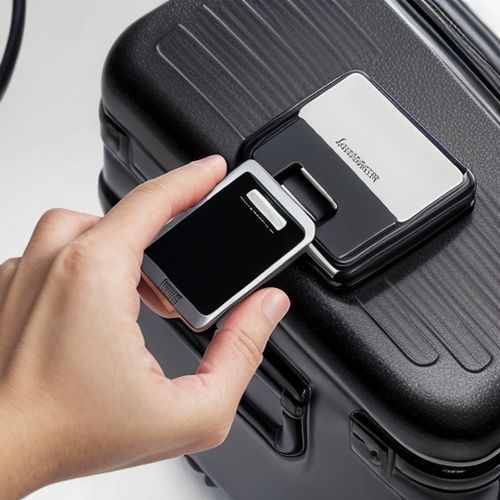
By Rebecca Stewart/Apr 11, 2025

By Sophia Lewis/Apr 11, 2025
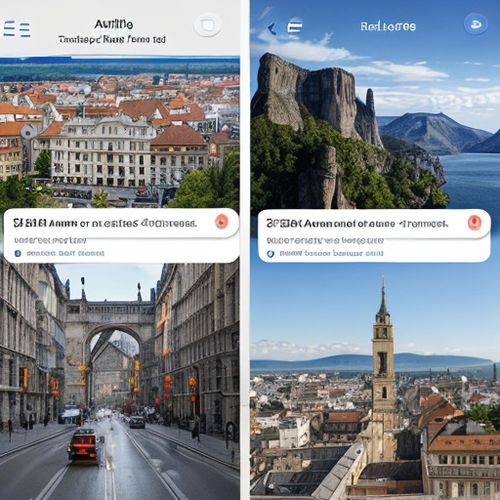
By Sophia Lewis/Apr 11, 2025
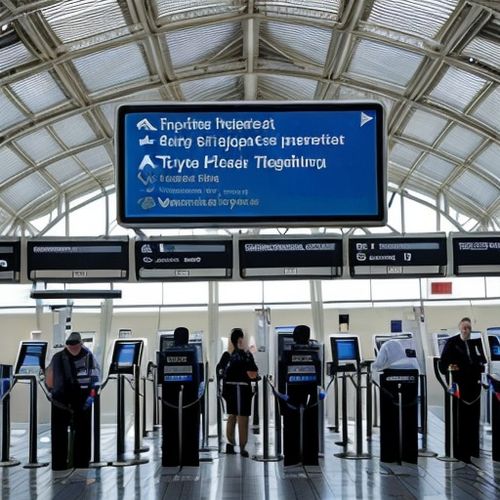
By Lily Simpson/Apr 11, 2025

By Sophia Lewis/Apr 11, 2025
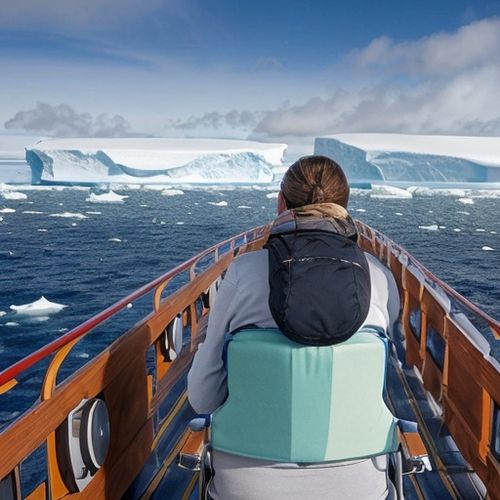
By William Miller/Apr 11, 2025

By Ryan Martin/Apr 11, 2025
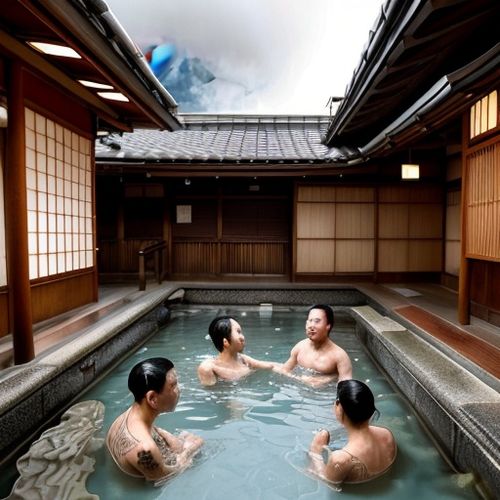
By David Anderson/Apr 11, 2025
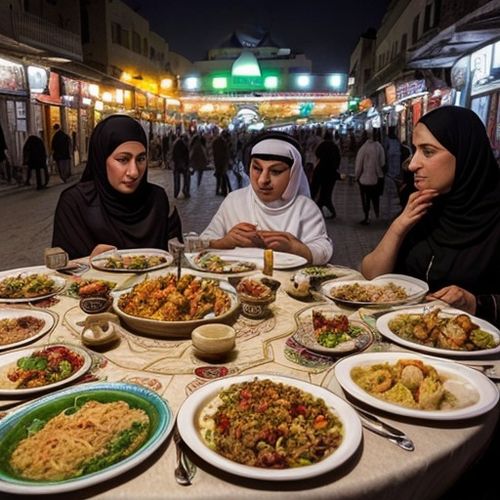
By Ryan Martin/Apr 11, 2025

By Laura Wilson/Apr 11, 2025

By Eric Ward/Apr 11, 2025
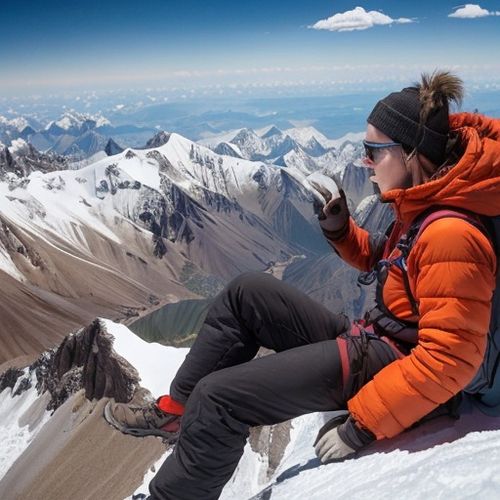
By Ryan Martin/Apr 11, 2025